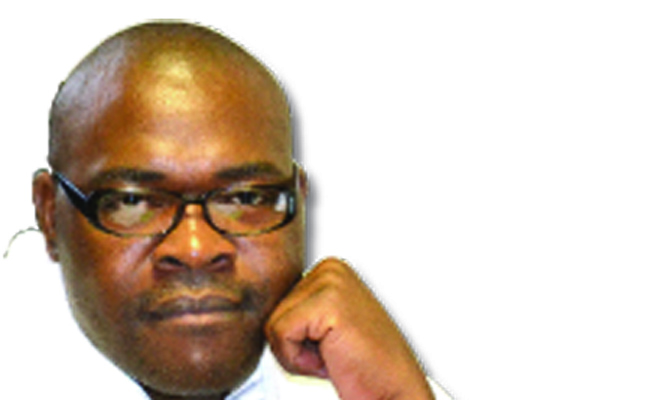
Having travelled to a number of African countries, I have seen and felt the presence of leadership in different ways. African leadership is not cut from the same block as the western and academic world would portray. There are so many differences, not necessarily in terms of economic or development policies but the feeling that welcomes you to a country.
Develop Me by Tapiwa Gomo
In some countries, the moment you land or enter their borders, you feel the weight of power and the fear that compels you to exercise restraint in whatever you say or do. Often this is worsened by the first conversation which gives you the low down on the dos and the don’ts. Those are meant to frame the way you conduct yourself for the duration of your mission. It tells you never say anything negative about what you see no matter how negative it is.
But there are several reasons for this. One of the reasons, of course, is that power is in charge, and that the same power controls what must be or what must not be said, what must be seen and what must not be seen. The second reason is that the same power recognises that it has neglected its roles to the extent that it is ashamed to accept it and therefore it needs to blind people from seeing or pointing its weakness. The see no evil and speak no evil policy reigns supreme.
There is one international airport in one African country which is very small, always overcrowded and dirty despite this country being an oil-producing country. The stink from the toilet reminds passengers of the state of its lack of cleanliness and the governance system. Both uniformed and plain cloth security agents are always walking around probably ensuring visitors do not utter anything negative about how they feel. Any negative comments or expression on the State of the airport are forbidden. The rest, as you drive from the airport, is evidence of a repressed nation and development. This is common in most African countries where the iron-fist is a mode of governance. Their leaders use fear to suppress views even of their visitors.
Then there are other countries, where you don’t just feel welcome but engrossed in an aura of progress. Everyone you meet feels in charge and in control of their environment. The commitment and dedication to national development is almost visible and tangible. You are never given the dos and don’ts but assured of a safe and enjoyable mission to their country.
And as you leave the airport, you marvel the hard working men and women along the way, who are busy working on different projects from refurbishing old infrastructure to beautifying their country, from the clean fuel stations to the flashy cars streaming up and down helping economic transactions. Everyone is busy and there is no time to do nothing.
I have learnt that a country that waters and maintains its roadside flowers and maintains its public gardens and keeps its road clean and maintained is a country with an economy. I have also learnt that a country, where construction is a major industry, is a promising economy. I have also learnt that a country with less political faces on its billboards, is a country that priorities the market. I have also learnt that the first government officers you meet on entering a country represent the governance system and the state of affairs in that country.
- Chamisa under fire over US$120K donation
- Mavhunga puts DeMbare into Chibuku quarterfinals
- Pension funds bet on Cabora Bassa oilfields
- Councils defy govt fire tender directive
Keep Reading
There are also other African countries, where you are welcomed by the billboards bearing the faces and slogans of the politicians. In these countries, you may never see a commercial billboard, as there is no space for non-propaganda advertisement. Politics reigns. By the time you reach your destination, you are so sure of who is in charge and who is trying to challenge who. You can start feeling the political tensions from the airport discussions to your destination. In those countries, the wait and see approach is the dominant attitude.
For every conversation you engage in with locals, it is either punctuated by the words “let’s wait and see” or “things will change after elections.” Views and opinions are split between change and maintaining the status quo. Where the status quo has overstayed its welcome, the situation tends to be tense and volatile. This is both understandable and dangerous because it has never been easy to uproot a very old tree without destroying the surrounding structures.
This was the situation in Egypt, Libya, Malawi and Zambia just to name a few.
What is clear though is that change is a scary project and it mostly scares those who have fed from the long overdue status quo.
I write this with my country in mind. What do our borders communicate about the state of governance and economic situation? I am sure views on this will vary. Our airport is among the best in the region if we don’t count O.R. Tambo airport, but Botswana and Zambia can easily challenge that. Those two countries have been on course in developing their people, while we voted.
The Beitbridge border post gives you the first indication of our country’s poverty. It’s all destitution. In each of the road border posts, there are more Zimbabweans wanting to leave the country than coming in. That’s how our country has been governed.
Tapiwa Gomo is a development consultant based in Pretoria, South Africa











